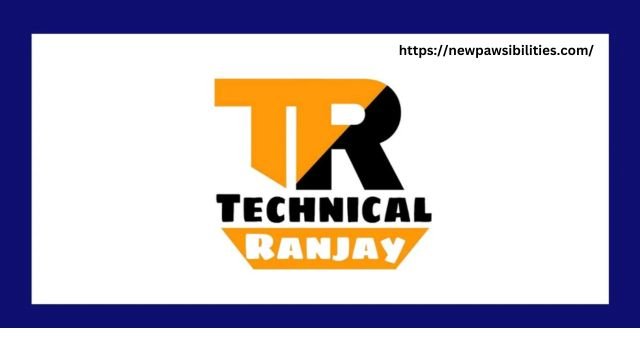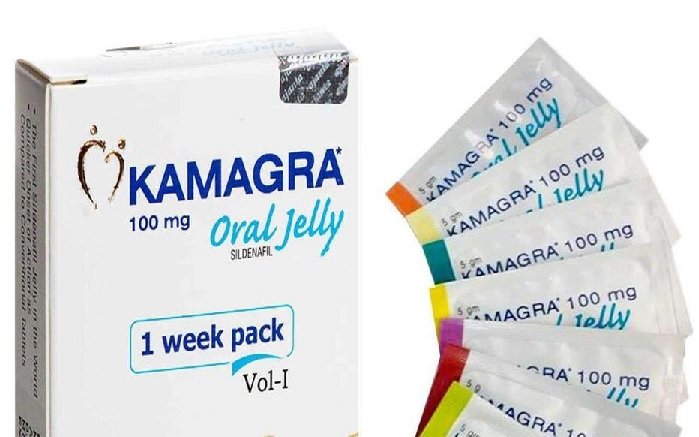Types of Water Softeners: Choosing the Right One for Your Needs

Some of the adverse effects of hard water include scale buildup in water pipes and household appliances. But if you get a good water softener system, you can avoid these problems because the system eliminates the compound that leads to hardness, which includes calcium and magnesium.
However, it is essential to know that various kinds of water softeners are available in the market, and it is critical to figure out each one and its role in your needs. This article discusses various types of water softeners so that you can make the right decision.
On-Demand Water Softeners
On-demand water softeners usually manage water usage by regenerating only when required. This system has a dry brine tank, which helps prevent the salt from getting moist. The high-efficiency resin beads are used since they do not need much salt for regeneration and have a longer service life.
These water softeners are more efficient in water and salt consumption than traditional water softeners, economical, and beneficial to the environment. They often have long-term guarantees for general usage.
High-Efficiency Water Softeners
Modern water softeners are made to operate efficiently and generate as much water as possible. These systems may include microprocessors that monitor your water usage habits and alter the system’s operations based on the collected data.
This ensures that the water softener is in optimum operating conditions and serves your household’s requirements. Some models employ a higher-quality resin that is more resistant to salt water and offers easier and better cleaning. These systems come in different capacities that can be adjusted depending on the home’s size and the water hardness.
High-efficiency water softeners can save money on salt and water as they can ‘learn’ the usage pattern. These systems are also characterized by better durability and performance, making them suitable for many households. They are ideal for areas with the saltiest waters.
Scheduled Water Softeners
Scheduled water softener system make it easy to ensure that soft water is always available. These systems are programmed to guarantee that softened water is always available when you need it. They also employ high-efficiency resin beads to enhance the system’s performance and service life.
Scheduled water softener systems are more efficient and less costly than conventional systems because they use minimum quantities of salt. They come with integrated systems to check that the unit is responding as programmed. They are ideal for homes that require a system that provides softened water for an extended duration without needing the homeowner’s attention.
Summary
There are several aspects to consider when choosing a water-softening system to meet your home’s requirements. The first step is testing your water to identify the hardness level of the water you intend to soften. This will help you select a specific system with the right capacities.
Efficiency and demand are also essential aspects to consider; high-efficiency and on-demand water softeners ensure low salt consumption. Another important aspect is the long-term benefits and cost of the system. Also, consider the ease of maintenance and the warranty offered.












